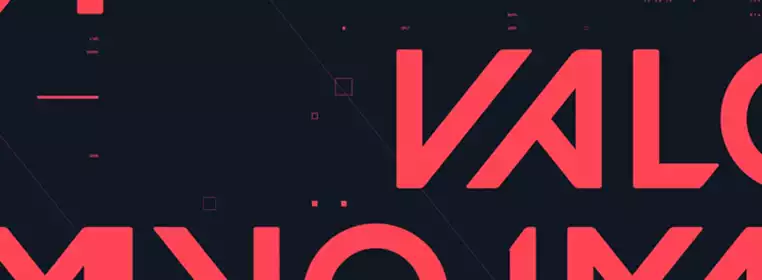Is Riot's Approach to Communication Better Than Valves?

On his personal stream, former CSGO pro player and streamer Spencer "Hiko" Martin talked about his experience in communicating with different game developers over his career. “I’ve literally talked to more people from Riot in the last month than I have my entire life with Valve.” Hiko had been an active CSGO competitor since 2012 and for large parts of his career, he has competed at the highest level of the esport. This exposure didn’t lead to him having any more access to the development team at Valve. “It’s weird how Riot is a lot more community receptive and community outreached compared to Valve who is more like: We’re going to do our thing”, Hiko added. What should be considered when evaluating these very different approaches to communication?
“A leader is best when people barely know he exists, when his work is done, his aim fulfilled, they will say: we did it ourselves.” - Lao Tzu
Better comms - Better product?
For as long as Valve have been a company, they’ve seemingly operated in the shadows. Only during their games biggest tournaments such as their majors or the big IEM events hosting their games has the rare Valve employee been spotted in the wild. Many professionals in the scene have their personal story about an encounter and which points they discussed, many have come back frustrated at the lack of consideration for their feedback.
With VALORANT, Riot Games seemed to be especially focused on connecting with esports professionals and streamers, initially inviting them to a mixer that had to be cancelled due to Covid-19 and was made into the closed beta event launch during which over 1.7 million viewers watched partnered streamers on Twitch. Riot employees from different parts of the development team have been in active communication with the community, frequently commenting in reddit threads and responding to feedback on Twitter.
“Listening (the first competence of leadership) is not a skill, it is a discipline. All you have to do is keep your mouth shut” - Peter Drucker
Valve is one of the most successful gaming companies in the world, with two major esports which operate largely autonomous from their input. Riot Games has the biggest PC video game in the world in League of Legends. The argument will not be solved by looking at the success stories of each developer. While a subset of any audience will not be in accord with a developer’s vision, the numbers that both of these companies boast for their esports scenes and games don’t lie.
In predictive modelling, a part of statistics that deals with forecasting future events, the terms “signal” and “noise” have become a staple to talk about good and bad information. Incorporating a signal into your evaluation which eventually leads to a decision will lead to better outcomes, while noise often disguises as a signal, but ultimately is a dud that will lead to worse outcomes if taken into account.
It follows that the more information you receive, the more crucial your ability to tell signal and noise apart becomes. In his best selling book “Antifragile: Things That Gain From Disorder” statistician and philosopher Nicholas Nassim Taleb explained that we generally aren’t very good at it, stating that data “is toxic in large quantities — even in moderate quantities” explaining that “the more frequently you look at data, the more noise you are disproportionately likely to get (rather than the valuable part called the signal); hence the higher the noise to signal ratio.” He concludes that the complexity of systems requires trial and error approaches, with the best decisions makers surviving in the end and the others having to go down with their ship.
In a Twitter reply, CSGO YouTuber TDM_Jesus raised a similar point:
Whether or not Riot Games considers too many voices has to be evaluated against the direction that they are taking the game. With limited data so far, we can at least look at the recent patch changes which have largely been received positively. The jury is still out on the instrument of improving a game and its community.
Communication as a feature
A point that should be taken into consideration is that an open line of communication in itself could be seen as a valuable feature that will make people enjoy the game and its community more. Communities around games like Overwatch and Starcraft have felt lacking during periods in which developer communication was low, having a feeling of being handed balance changes from the unreachable ivory tower in which the development team locked themselves into. Having the feeling of being heard in itself is a service, in moments where the developer acknowledges an issue or explains why additional points have to be considered. Riot Games will eventually have a more closed system with them being more hands-on with the creation of esports tournaments and potentially leagues. To establish a precedent that users are part of the creation despite not having the agency that they have in games like CSGO, could be a benefit to the community.
Image via Riot Games